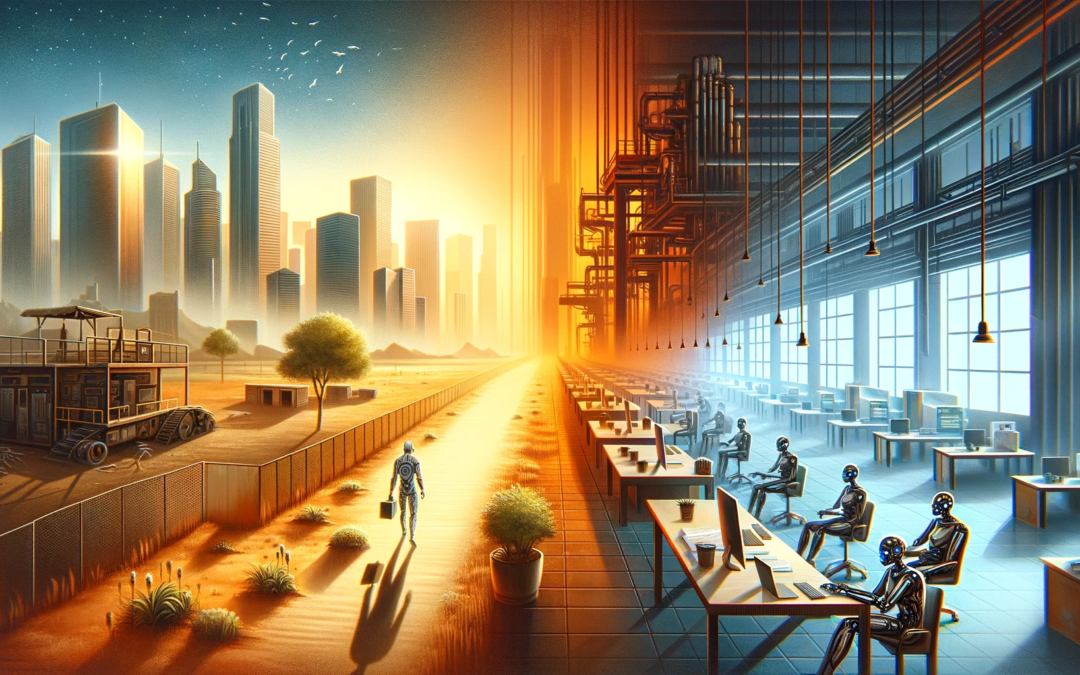Welcome to the dystopian future where AI and automation have taken over the world, leaving humans jobless and questioning their purpose in life. Okay, maybe it’s not that dramatic, but the potential for AI-induced mass unemployment is a real concern. With advancements in technology, we must explore the possibility of a future where AI disrupts the global job market, leading to economic turmoil and societal unrest.
AI and Automation in the Workforce
Picture this: robots and algorithms taking over our jobs. From blue-collar to white-collar, no one is safe. Even your fancy office job could be at risk. AI has the potential to automate tasks across various sectors, leaving humans to wonder if their skills and expertise are obsolete. The scale and timeline of job displacement are still uncertain, but one thing is clear – change is coming.
Economic Implications
When AI takes over, it’s not just your job that’s on the line. The entire economy could be affected. With mass unemployment, consumer spending will decrease, leading to a ripple effect on businesses. Economic inequality may widen as the rich get richer and the jobless struggle to make ends meet. Brace yourself, because a recession might be just around the corner.
Social and Psychological Impact
Losing your job is not just about losing a paycheck. It’s about losing a sense of purpose and identity. Widespread unemployment can have severe social and psychological consequences. Mental health issues may skyrocket, societal structures could crumble, and community stability may be at risk. We might even witness a rise in social unrest. It’s a gloomy picture, but one we can’t ignore.
Transition to a New Economy
So, what’s the solution? How do we transition to a jobless future without chaos? One possible path is the development of new job sectors that AI can’t replace. We need to invest in re-skilling programs and make changes in our education systems to prepare the workforce for this new era. Universal basic income and other economic policies are also up for debate. It’s time to get creative and think outside the box.
Global Disparities and Responses
Brace yourself for global disparities. Not all countries and regions will be affected equally by AI-induced unemployment. Some may thrive while others struggle. It’s crucial to analyze and understand these disparities to implement effective policy responses. International and national cooperation is key to managing the transition and minimizing the negative impacts on society.
Conclusion
The rise of AI and automation is inevitable, and we must face the potential consequences head-on. The jobless future is not a distant fantasy; it’s a looming challenge that requires proactive planning and policy-making. Let’s foster awareness and dialogue to prepare for this new era. The time for action is now, before the robots take over completely.










